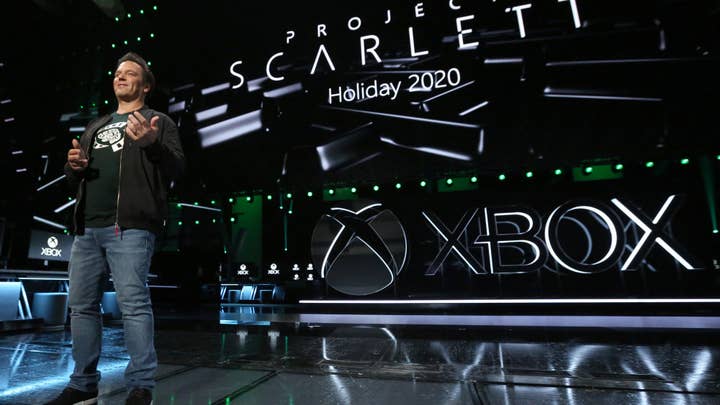Phil Spencer: "Nobody's asking for VR" on Xbox
Xbox boss cites concerns with VR's form and popularity in strategy around Microsoft's next console
Xbox boss Phil Spencer has squashed the idea that virtual reality will have a role to play in the company's next console -- in simple terms, "nobody's asking for VR."
Speaking to Stevivor at X019 in London, Spencer was questioned on a statement he made in 2016, which suggested that VR would arrive on the Xbox platform when the medium moved past "demos and experiments."
Spencer made it clear that he was "not trying to demean the work that people are doing in VR." However, he also made it clear that the market has not progressed to a point where there is enough demand within the Xbox audience.
"I have some issues with VR," Spencer said. "It's isolating, and I think of games as a communal, kind of together experience. We're responding to what our customers are asking for and... nobody's asking for VR."
"I have some issues with VR. It's isolating, and I think of games as a communal, kind of together experience"
There are, Spencer continued, "places to go get" VR experiences, and Xbox players are very aware of the options in that respect. This means hardware like Oculus Rift and Quest, HTC Vive and Valve Index on PC, and -- of course -- PlayStation VR from Microsoft's chief gaming rival Sony.
Spencer also noted that "nobody's selling millions and millions" of units in the VR market. It isn't clear whether Spencer was referring to hardware or software, but his statement could apply to either category -- PSVR had sold 4.2 million as of March 31, 2019, while Beat Saber had sold one million units by the end of the same month.
There is at least some indication that Xbox once believed that VR would be part of its console hardware strategy eventually. When the Xbox One X was unveiled at E3 2016 as Project Scorpio, the teaser video featured Bethesda's Todd Howard briefly talking about having a console that could play Fallout 4 in VR -- it's around the two minute mark, for those interested.
However, that was in June 2016, just a few months before Spencer made his comment about "demos and experiments." Evidently, VR gaming has not progressed in the way that Microsoft imagined.
"I think we might get there [eventually]," Spencer said to Stevivor. "But yeah, that's not where our focus is."
Spencer's comments echo similar ideas expressed by Stray Bombay co-founder Chet Faliszek, who was a figurehead for VR at Valve until 2017, at Reboot Develop Red last month. According to Faliszek, studios currently making games for VR are still too reliant on money from platform-holders like Facebook.
"VR would be a really dark space right now if that wasn't happening," he said. "It's just that those devs have to always be looking forward and asking, 'What happens if this stops tomorrow? What do we do?' And I don't think there's a lot of good answers for that right now for them."

